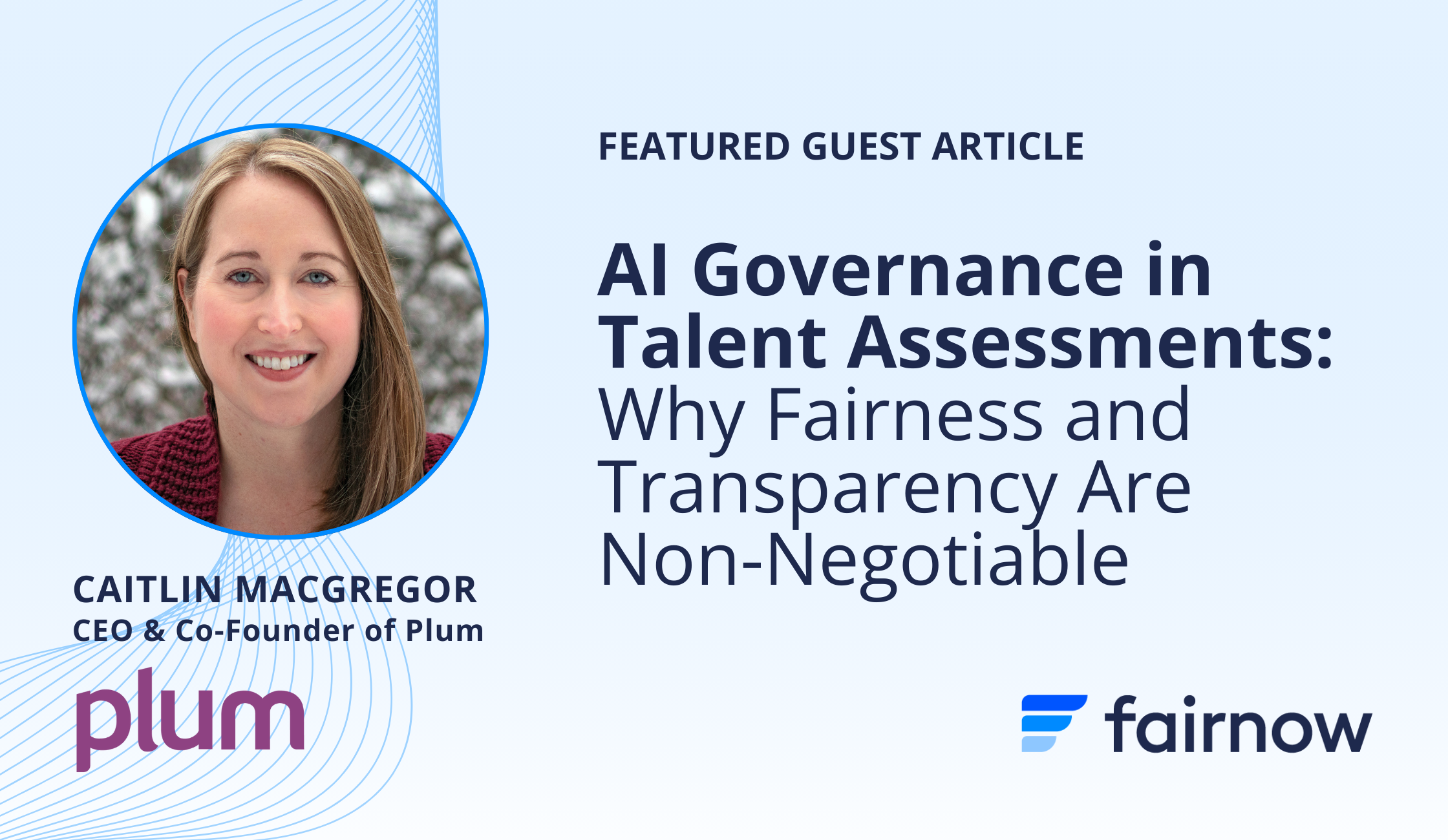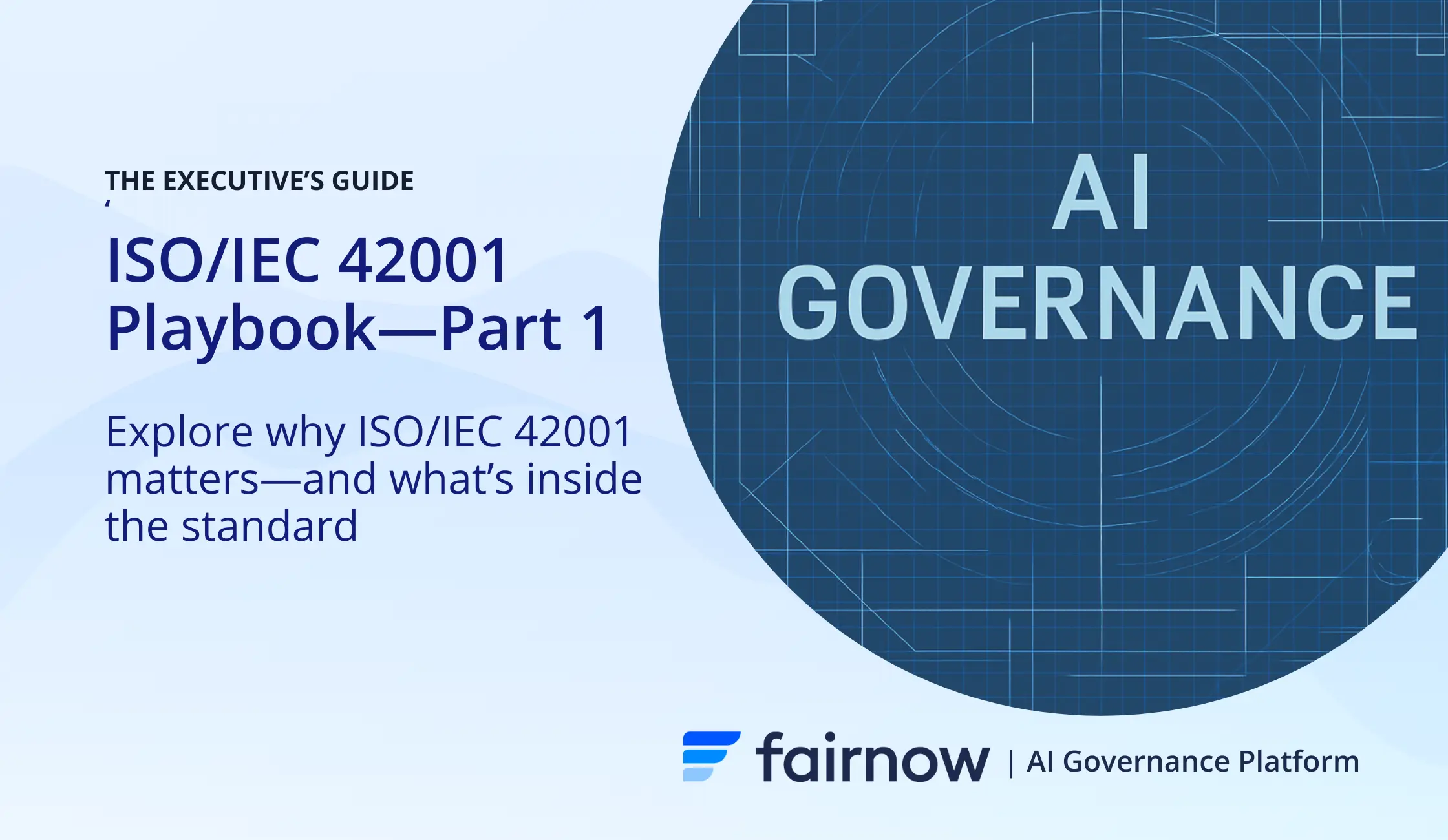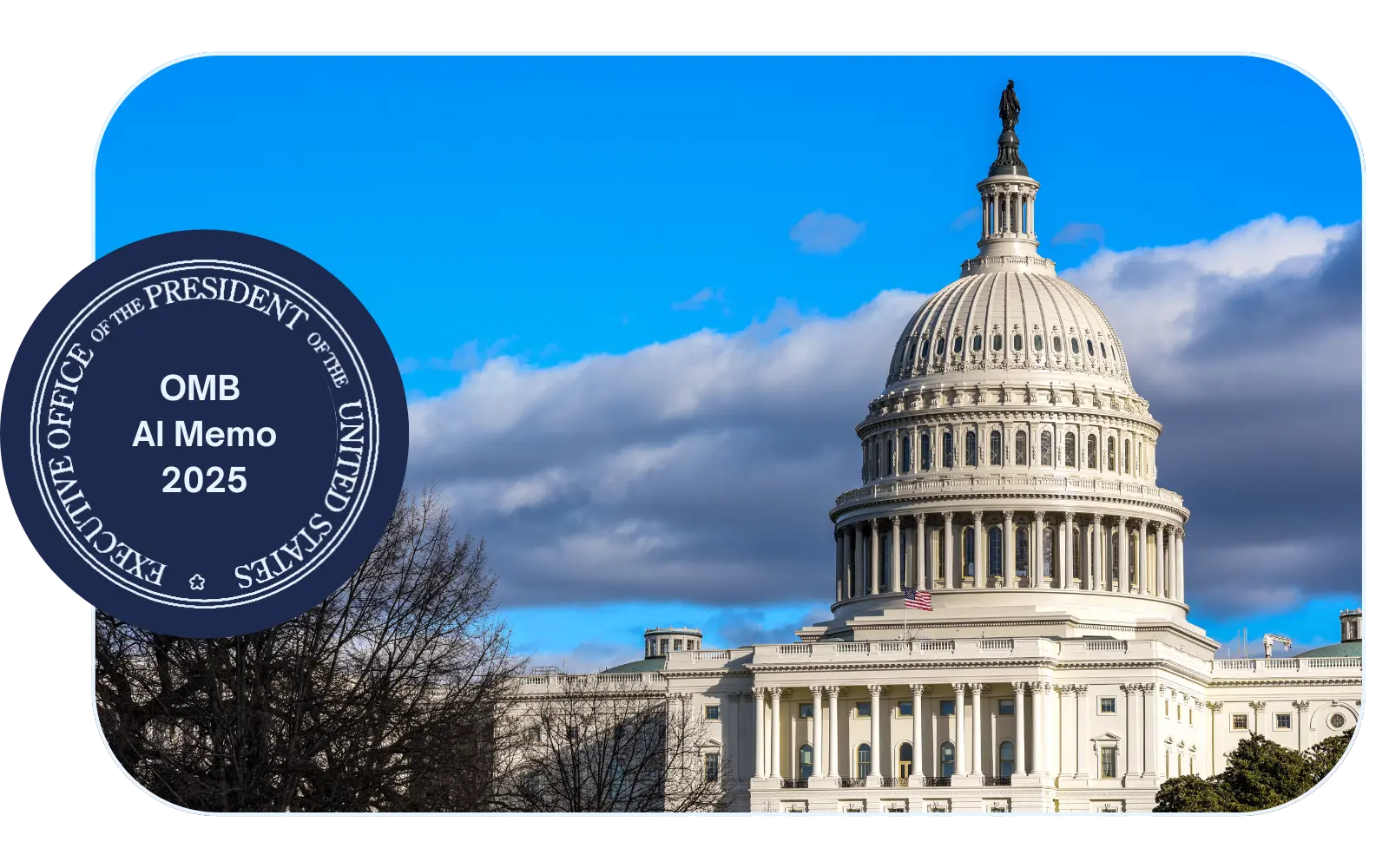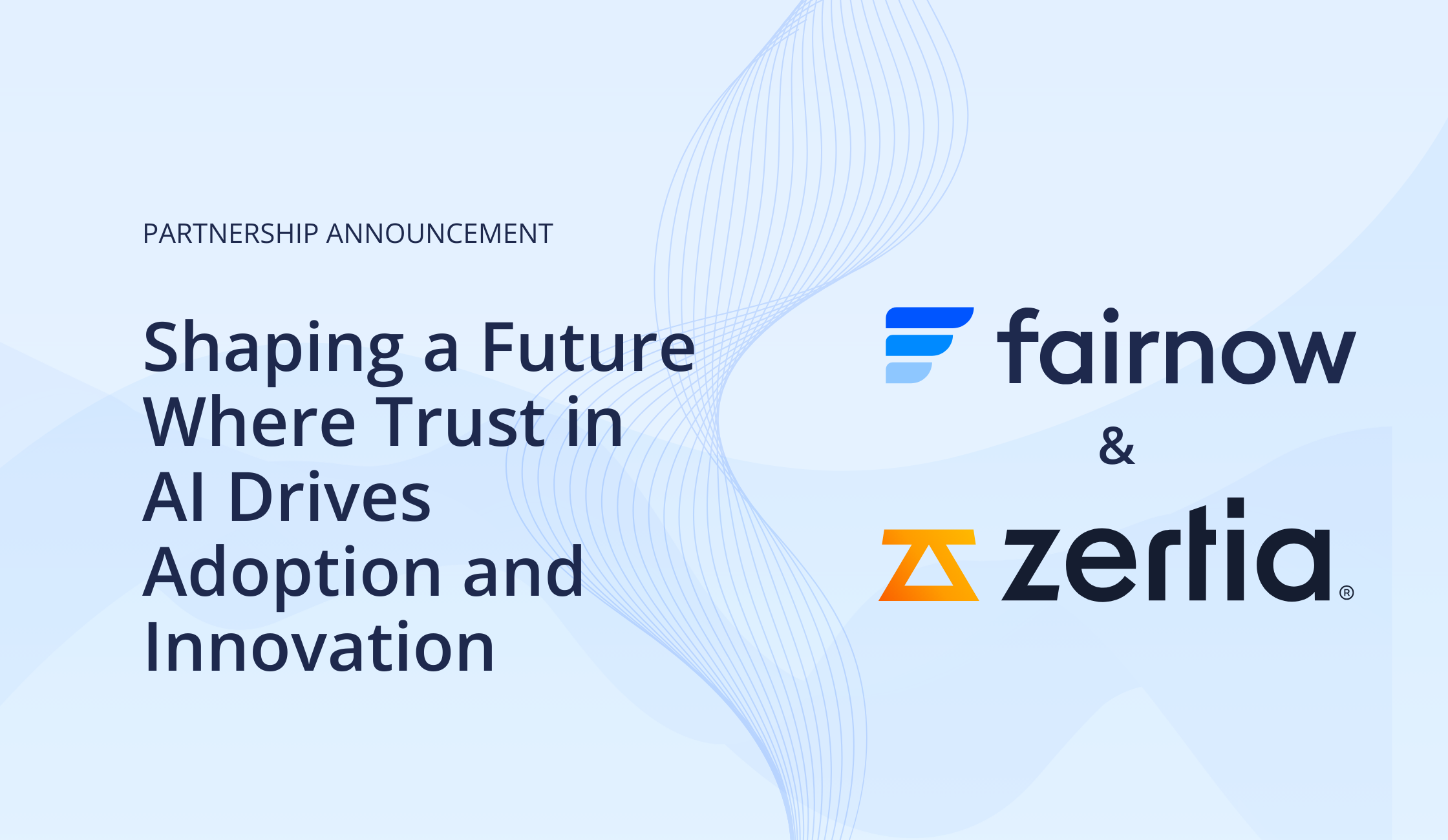In an era where technology seamlessly integrates into every aspect of our lives, the use of AI in tools like talent assessments is becoming increasingly prevalent.
This integration has revolutionized how companies identify, evaluate, and hire top talent. In fact, according to HireVue, 73% of HR professionals trust AI to recommend candidates for their open roles. However, a significant contrast exists, as 75% of job seekers surveyed oppose AI having the final say in hiring. This stark contrast underlines a growing concern amidst AI’s expanding influence in recruitment, but one that we can remedy.
As AI becomes more entrenched in our hiring and HR practices, the need for effective governance of these systems intensifies. It’s crucial, then, that organizations everywhere strive to find a balance, ensuring that the introduction of AI is met with an equally robust commitment to its ethical and fair use. These are not merely ethical luxuries but necessities that underpin the successful integration of technology into human-centric processes. Consequently, concerns about fairness and transparency have prompted the emergence of new laws and regulations worldwide. These laws aim to tackle the potential biases embedded within AI systems, ensuring that all candidates are evaluated fairly and equitably.
Understanding the New Legal Landscape
A prime example of legislative action in this arena is New York City’s Local Law 2021/144, the automated employment decision tools law. Effective January 1, 2023, this law mandates that employers using automated systems for employment decisions must notify candidates about the use of such tools. Additionally, these systems must undergo an independent third-party audit to confirm they are free of biases, ensuring they do not unlawfully discriminate against candidates based on protected characteristics like race, gender, or disability.
This law is part of a growing trend where jurisdictions worldwide implement similar regulations to safeguard fairness in automated employment decisions. But why are these laws critical, and what do they entail for organizations and candidates?
The Importance of Bias-Free AI in Talent Assessments
It’s not a stretch to say that technology is not devoid of flaws. At times it mirrors the biases present in its training data, potentially automating and perpetuating them if not carefully managed. This is a significant concern in some talent assessments, where biased algorithms could lead to unfair candidate screening and selection processes.
Plum has developed their assessment platform with a foundation in Industrial Organizational (I/O) Psychology, the scientific study of human behavior in organizations and the workplace. They focus on an individual’s unique, innate capabilities rather than historical data that might carry implicit biases. Their approach ensures that assessments measure talent and potential without being tainted by societal biases, aiming to identify top performers based solely on factors relevant to job performance and the hiring criteria set by the employer.
AI’s Impact on Organizations and Their Responsibilities
For organizations, complying with these new regulations means more than just avoiding legal repercussions; it involves a commitment to ethical hiring practices. To align with laws like NYC’s Local Law 2021/144, companies must:
- Verify Compliance: Ensure that any AI tools used in hiring processes are compliant with relevant laws.
- Notify Stakeholders: Clearly inform candidates and employees about the use of automated decision-making tools.
- Educate on Rights: Make sure candidates are aware of their rights regarding these tools, including options for alternative selection procedures or accommodations.
These steps not only help companies meet legal requirements but also build trust with candidates and employees, enhancing the organization’s reputation as a fair and transparent employer.
Benefits for Candidates
For candidates, these laws guarantee that any AI-driven assessments are vetted for fairness.
The transparency provided by such regulations ensures that candidates understand the role of AI in their evaluation and are reassured that their assessments are conducted impartially. This level of openness not only enhances the candidate experience but also bolsters confidence in the hiring process, knowing that they are evaluated based on their true potential and suitability for the role.
Proactive Steps for Future-Ready Hiring
While these laws mark a significant step towards more equitable hiring practices, organizations need not wait for legal mandates to implement fair AI systems. Proactively adopting bias-free AI tools can give companies a competitive edge, attracting top talent by showcasing commitment to fair and ethical hiring practices.
Furthermore, removing biases from AI-driven assessments not only aligns with ethical standards but also improves the quality of hires by focusing on the most relevant attributes for job performance. This approach positions organizations for long-term success, ensuring that talent acquisition strategies remain robust, fair, and aligned with both current and future workforce needs.
Keeping the Dialogue Open
As AI continues to evolve, so too will the landscape of laws governing its use in HR. Staying informed and engaged with these changes is crucial for any organization leveraging AI in its hiring processes. By fostering an ongoing dialogue about fairness and transparency in AI, companies can ensure their practices not only comply with current laws but also adapt to future developments in this dynamic field.
The push for fairness and transparency in AI-driven talent assessments is not just about compliance; it’s about committing to higher standards of ethical practice in technology use.
As these tools become more embedded in our hiring processes, their governance through thoughtful legislation and corporate responsibility becomes non-negotiable, setting the stage for a more equitable future in the workforce.
About the Author
Caitlin MacGregor, CEO and Co-founder of Plum, is passionate about helping people reach their true potential. That’s why, after building two businesses for other people, she founded Plum – to help organizations fully leverage the human potential within their workforces. Plum equips business leaders with the talent data needed to match employees’ talent to roles where they’ll thrive so the business can thrive, too. She is a regular speaker at global events, including CES, Human Resource Executive HR Technology Conference & Exposition, Americas’ SAP Users’ Group (ASUG) Women Connect, HRCI Higher Standards Summit, and more. Caitlin is a Gold GLOBEE® Women World Awards winner for Achievement in Innovation.
About Plum
Plum knows when people flourish, business thrives.
Revolutionary workforce solutions provider Plum knows that when people flourish, business thrives. Using objective data, backed by scientific insights, to measure and match human potential to job needs, Plum provides personalized career insights, improves quality of hire and helps create high-performing teams.
With unmatched scalability, the award-winning Plum platform enhances talent decisions across the employee lifecycle, making it possible to understand skills, quantify job fit and analyze organizational culture. Visit www.plum.io to learn more.
Keep Learning



